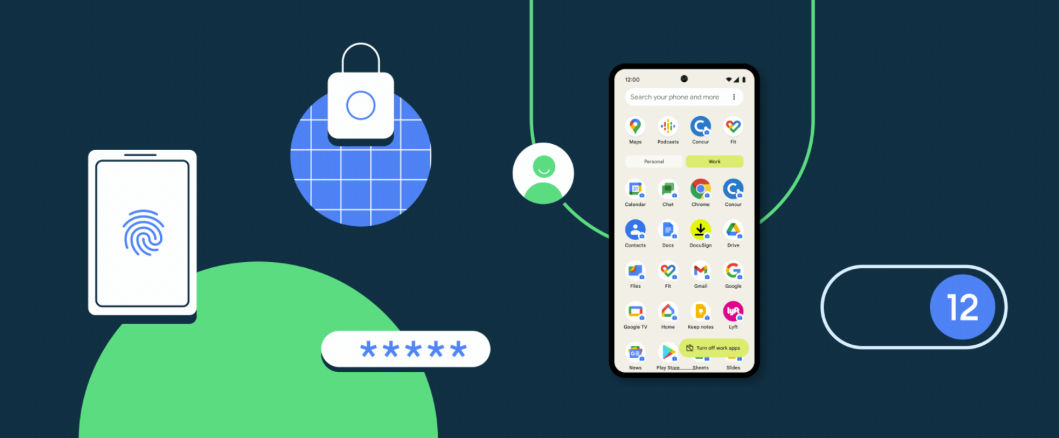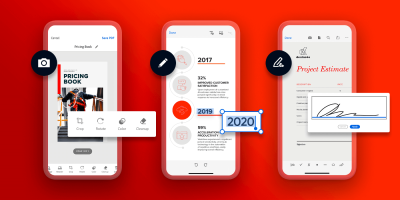Mobile apps are an essential part of business today. The modern company strives to have its mobile application – after all, there are more and more smartphone users worldwide.
Statista website data reports that the number of smartphone subscriptions worldwide today surpasses six billion and is forecast to grow by several hundred million in the next few years. China, India, and the United States have the highest number of smartphone users.
That is, there are more smartphone users today than ever before.
That is why modern business strives to be in your smartphone – after all, you hold your phone next to you all day, browse news, scroll through feeds.
However, when it comes to developing apps for startups, many entrepreneurs are faced with whether to go for a proprietary or hybrid approach to grab some market share.
When you as a business decides to develop a mobile app, it must choose between “native or hybrid app development” and, most importantly, effective ways to apply the concept.
This article aims to answer which choice should be made in custom mobile app development: hybrid app development or custom app development.
Native app development
Native apps allow you to work with one mobile platform and are built specifically for it. Here you use a single programming language, and your application becomes compatible with a specific mobile platform. There is an advantage for users of such an application – the application is smoother and more reliable.
You should know that native app development allows you to take full advantage of the device’s capabilities and operating system to provide consumers with dynamic interaction.
Pros of developing native apps:
- Great performance
- Great functionality
- Ensuring data security
- Apps can work offline
Cons of developing native apps:
- It takes time to develop
- No code reusability
- It’s hard to find the right native app development team
- More expensive maintenance cost
Hybrid app development
Hybrid applications are applications that are combined from native and web applications. The Hybrid App installs into a native container that uses the Mobile Web View and contains the native app elements. Hybrid apps are web pages that act like apps but are not installed on the device and are viewed through a web browser. Browsers are not required to use mashups, and they can use your device’s APIs and plugins for free.
Pros of hybrid app development:
- Little investment of time and effort on its development
- Easy to maintain
- Profitable economically
- Provides faster delivery
Cons of developing mashups:
- Internet addiction
- Complexity of development
What type of application development should you choose for your business?
Choosing between native and hybrid app development is influenced by a startup’s goals, app needs, cost, and a host of other factors.
Native apps no doubt offer superior usability and responsiveness. Hybrid apps are great, but they lack inherent usefulness and efficiency because they load in a browser-like component called a web view. Forbes notes that native apps usually need to be built in native code “by hand,” while mashups are often built on low-code development platforms.
So, identify your goals and know mashups are ideal for creating MVPs with limited budgets and timelines. At the same time, native apps are best suited for products that require impeccable performance and specific features.












Comments